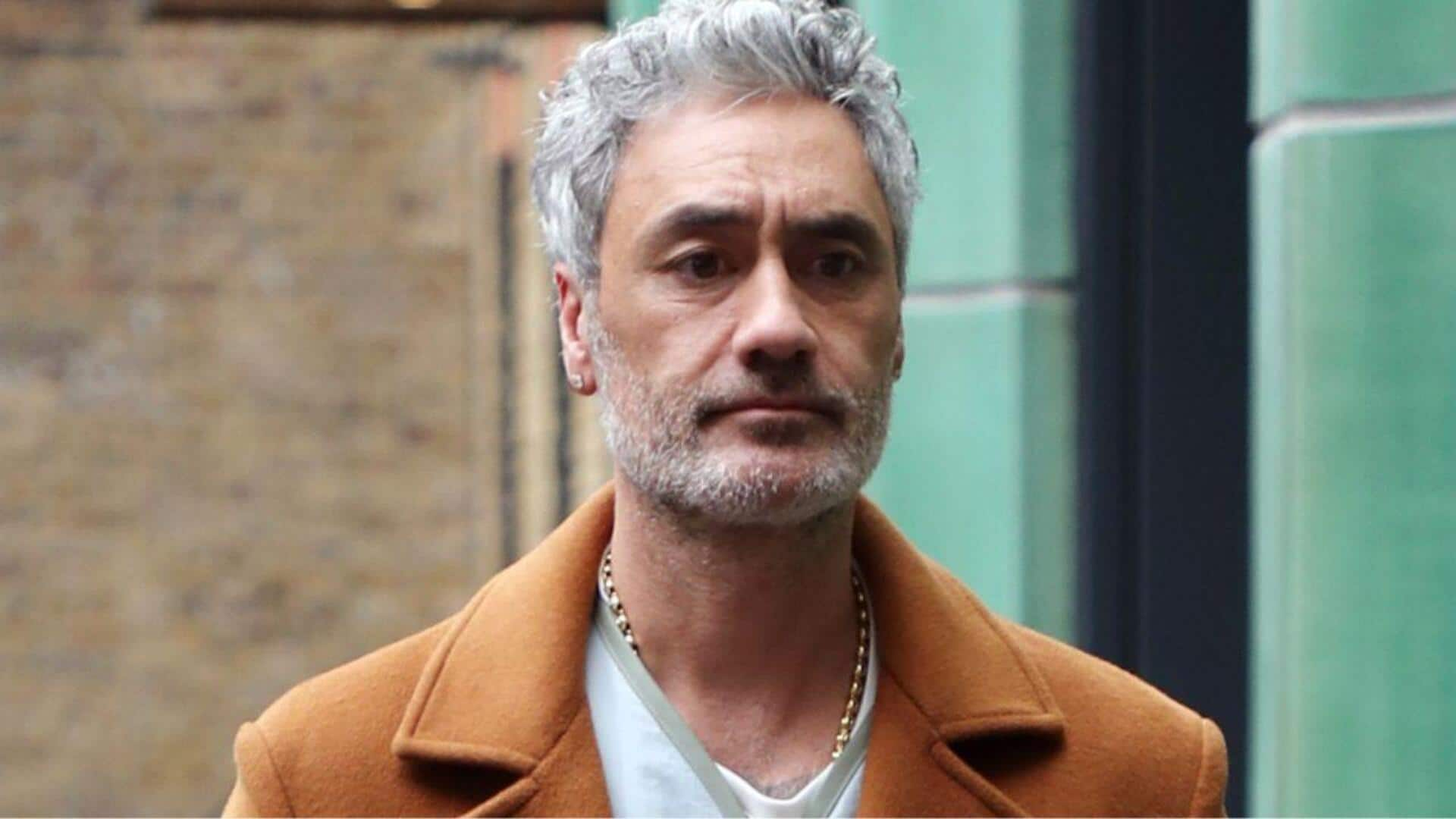
5 creative lessons from Taika Waititi
What's the story
Taika Waititi, the New Zealand filmmaker, actor, and comedian, is known for his unique storytelling style and authentic voice. His insights on creativity and authenticity have inspired many. Here are five key insights from Waititi that highlight the importance of staying true to oneself in creative endeavors. These insights offer valuable lessons for anyone looking to enhance their creative journey.
#1
Embrace your uniqueness
Waititi emphasizes the importance of embracing one's uniqueness. He believes that every individual has a distinct perspective to offer, which can enrich storytelling. By staying true to one's identity and experiences, creators can bring authenticity to their work. This approach not only sets them apart but also resonates more deeply with audiences.
#2
Humor as a tool for connection
For Waititi, humor is a powerful tool for connecting with audiences. He uses humor not just to entertain but also to address serious subjects. By weaving humor into storytelling, creators can make their work more relatable and engaging. This technique helps break down barriers and fosters a deeper connection with viewers.
#3
Authenticity over perfection
Waititi stresses the importance of authenticity over perfection in creative work. He believes that imperfections often add character and depth to stories. By focusing on being genuine rather than striving for perfection, creators can produce work that feels more real and impactful.
#4
Storytelling rooted in culture
Drawing from his Maori heritage, Waititi believes that cultural roots make storytelling richer. He encourages creators to draw from their own backgrounds, as it adds layers to their narratives. Not only does this make stories more relatable to some, but it also introduces others to different cultures, making for a diverse storytelling landscape.
#5
Collaborate with diverse voices
Waititi believes that collaborating with people from different backgrounds brings fresh perspectives to the table. He believes that working with diverse voices not only enriches the creative process but also makes stories more inclusive. By welcoming different viewpoints, creators can make more nuanced and compelling narratives that speak to a wider audience.